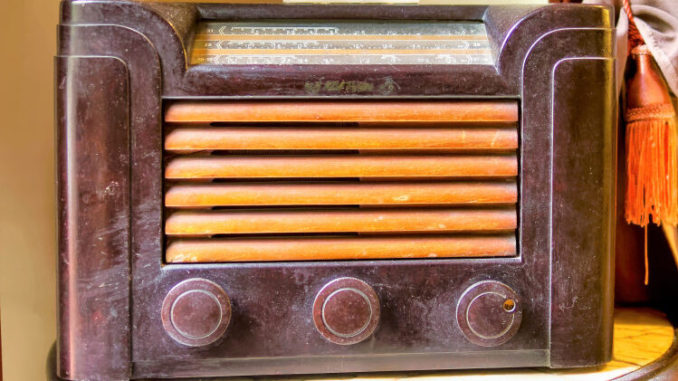
Guglielmo Marconi, an electrical engineer born in Bologna, Italy, invented the device that transmitted the first radio signal at the end of the 19th century, forever changing the history of telecommunications.
After receiving private lessons from his parents at home, Marconi began attending school at age 12.
During his college years in Bologna, he met Professor Augusto Righi, a renowned physicist who made outstanding contributions to the study of electromagnetism and who piqued his interest in the field.
Inspired by the work of German physicist Heinrich Rudolph Hertz — who pointed out that radio waves can travel through the air — Marconi assembled first a portable transmitter and receiver system. Once it worked, he took his experiment further and built an outdoors transmitter on his family’s estate.

After some tests, Marconi realized that he could increase the transmitter’s power, allowing the waves to travel greater distances. He worked on his invention and developed a system through which waves could travel two kilometers from their point of origin in 1895. With this system, he was able to make the first radio transmission.
Despite his efforts, Marconi did not get the backing of his country to patent his invention. So, he traveled to England, where he patented it with the first license for a radio-wave-based communication system.
However, by that time, Russian scientist Alexander Popov was working on a radio-receiving device as well. He presented it to German scientists in 1895 too, leading Russians to claim that Popov invented the wave receiver.
Marconi was who managed to put the invention in the public mind. In 1899, he traveled to the United States to broadcast America’s Cup regatta. The New York Herald invited him, and he carried out the transmission aboard the SS Ponce.
The telegraph had a considerable impact on naval telecommunications. It was a helpful tool in maritime rescue and played an essential role in saving the Titanic’s survivors. Given the significance of his creation, Marconi received the Nobel Prize in Physics in 1909, along with the German scientist Karl Ferdinand Braun.
Despite the rapid development of technology, radio has never lost its relevance.
“Radio has been one of the most influential inventions in history,” said Byron Zamora Giorgge, a radio host. “To date, FM [Frequency Modulated] is still used as a means of communication, either to entertain or to inform people, no matter where they are.”
“Telecommunications have changed. Now, there are radio frequencies that operate only for emergencies,” he said. “The police, the Red Cross or the fire department use them. In the maritime world, they continue to be essential. Frequency modulation serves as a means of information at the moment, but it can also work to provide help or entertainment.”
(Translated and edited by Gabriela Olmos. Edited by Carlin Becker)
The post Marconi Transmitted The First Radio Signal, But His Invention Is Not Uncontested appeared first on Zenger News.
